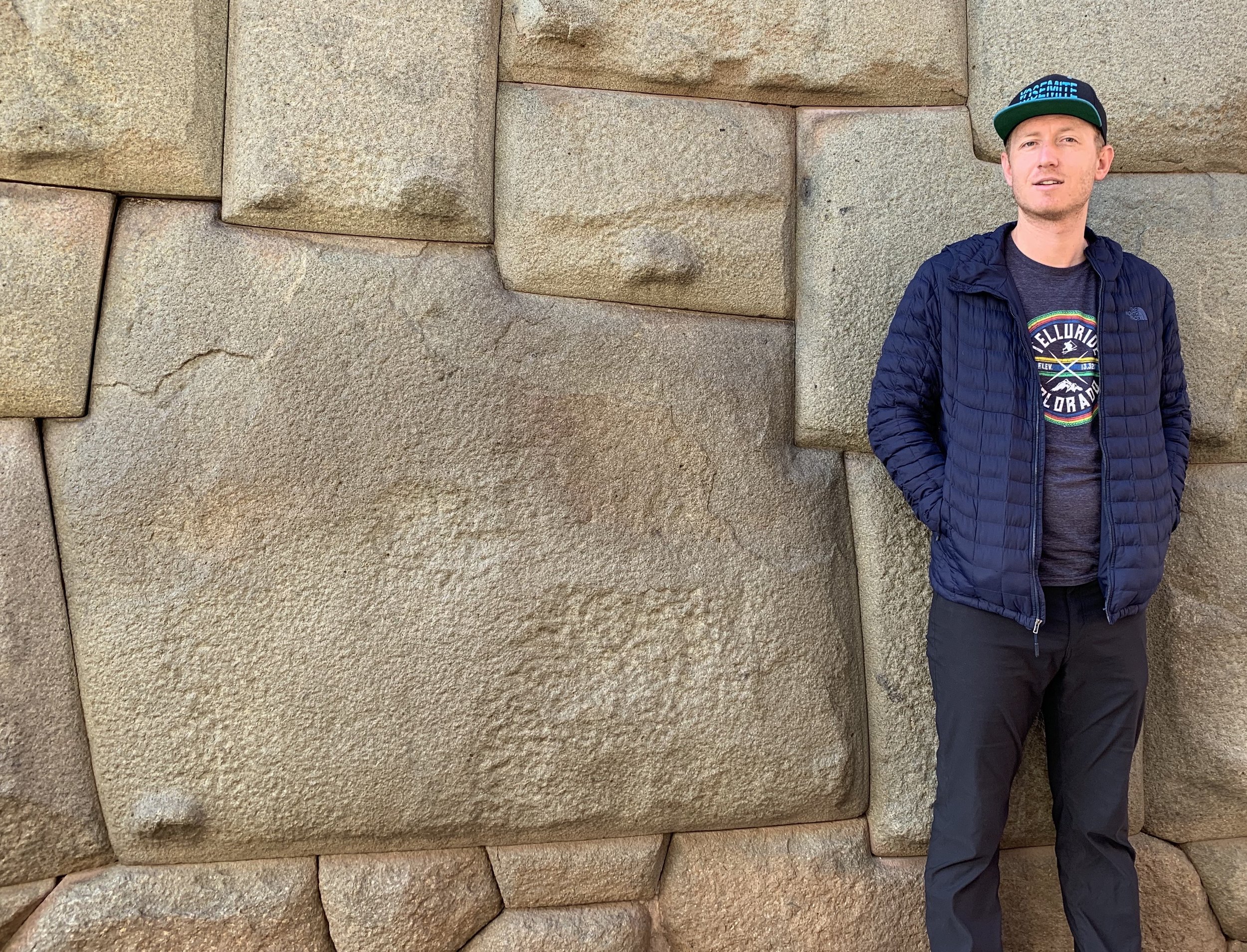Uncertain Times
Uncertainty is difficult for us. In the modern world, we're habituated to cleanliness, order, convenience. For the first time in human history, we know what to expect at home, at work, and out in the world. Hunter-gatherers constantly faced the unknown. Uncertainty was a daily stressor. We are simply unaccustomed to the kind of uncertainty sparked by all the recent tariff announcements (and recantations).
I have always struggled to see Trump as anything more than someone who stumbled into enrapturing the Republican base. His brashness has attracted a cult following, swaying American politics unlike anyone since FDR.
But the circus walk-around may be ending. The uncertainty caused by these tariffs appears unwelcome. If ever actually enforced, they would result in significant consequences to the average American. So what to do?
No one has figured it out yet. Uncertainty prevails.
The way to defeat a clown is not through scorn or anger, but indifference. Unfortunately that’s more difficult when it’s the White House. Maybe the wisest/only thing we can do is lean into the roots of our humanity and become more comfortable with regular uncertainty. And rebuild.



















